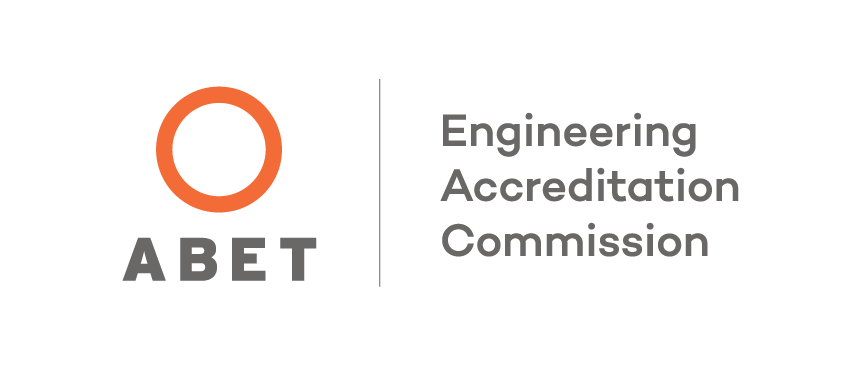Civil engineering accreditation
As per the ABET Accreditation Policy and Procedure Manual, WSU's Bachelor of Science in Civil Engineering program is accredited by the Engineering Accreditation Commission (EAC) of ABET, https://www.abet.org, under the General Criteria and the Program Criteria for the BSCE Bachelor of Science in Civil Engineering.

The undergraduate curriculum has been designed to provide a broad education in the basic sciences, mathematics and engineering sciences; civil and environmental engineering analysis and design; and application of the scientific and engineering principles and methods to civil engineering practice. The courses in civil engineering are arranged as groups, each representing an area of concern to contemporary society and industry. Realizing the social implications of the practice of civil engineering, the program also provides for the development of a background in economics, the social sciences, humanities, communication skills and related non-technical areas. Technical and design electives may be selected from one of these major areas according to the student's particular interest, or may be chosen from several areas in order to broaden one's knowledge. A student who contemplates continuing study at the graduate level should seek the advice of his/her faculty counselor in the selection of elective courses in their area of interest.
Enrollment and graduation statistics
| Year (fall semester) | Enrollment | Degrees awarded |
|---|---|---|
| 2024 | 160 | 38 |
| 2023 | 139 | 29 |
| 2022 | 150 | 33 |
| 2021 | 159 | 34 |
| 2020 | 178 | 37 |
| 2019 | 156 | 32 |
| 2018 | 167 | 40 |
Enrollment data reflects the total number of students in BSCEE pre-professional and professional engineering programs.
Program educational objectives
The expected attributes of CE students within the first few years following graduation are reflected in the set of Program Educational Objectives (PEOs) of the CE Program as provided below and outlined in the Department website.
Graduates of the CE Program, within a few years of graduation, are expected to:
- Apply their knowledge and skills as effective, productive civil engineers within private corporations, engineering consulting firms, as well as local, state and federal government agencies in the design of innovative civil engineering systems and processes.
- Work and communicate effectively with others on multidisciplinary teams to develop practical, technically sound, cost-effective solutions to complex and diverse civil engineering problems.
- Build upon the fundamental knowledge gained in the undergraduate program of study, allowing analysis and design in alternative and innovative conditions.
- Engage in the profession in an ethical and responsible manner.
- Seek leadership roles as practitioners.
- Become and remain active members within professional and technical societies.
Student outcomes
- an ability to identify, formulate, and solve complex engineering problems by applying principles of engineering, science, and mathematics.
- an ability to apply engineering design to produce solutions that meet specified needs with consideration of public health, safety, and welfare, as well as global, cultural, social, environmental, and economic factors.
- an ability to communicate effectively with a range of audiences.
- an ability to recognize ethical and professional responsibilities in engineering situations and make informed judgments, which must consider the impact of engineering solutions in global, economic, environmental, and societal contexts.
- an ability to function effectively on a team whose members together provide leadership, create a collaborative and inclusive environment, establish goals, plan tasks, and meet objectives.
- an ability to develop and conduct appropriate experimentation, analyze and interpret data, and use engineering judgment to draw conclusions.
- an ability to acquire and apply new knowledge as needed, using appropriate learning strategies.